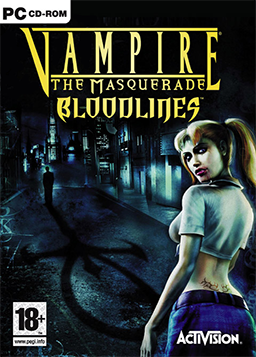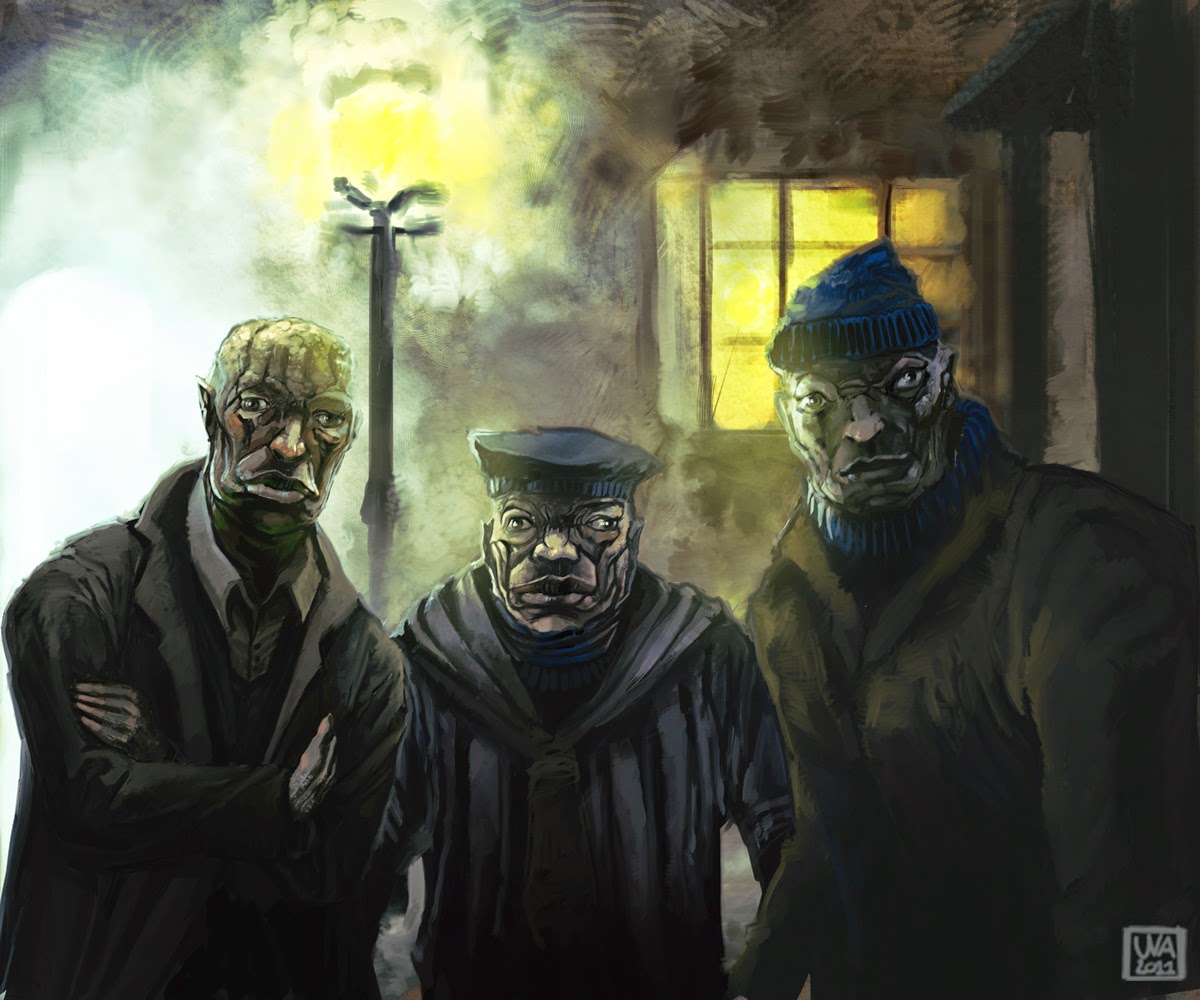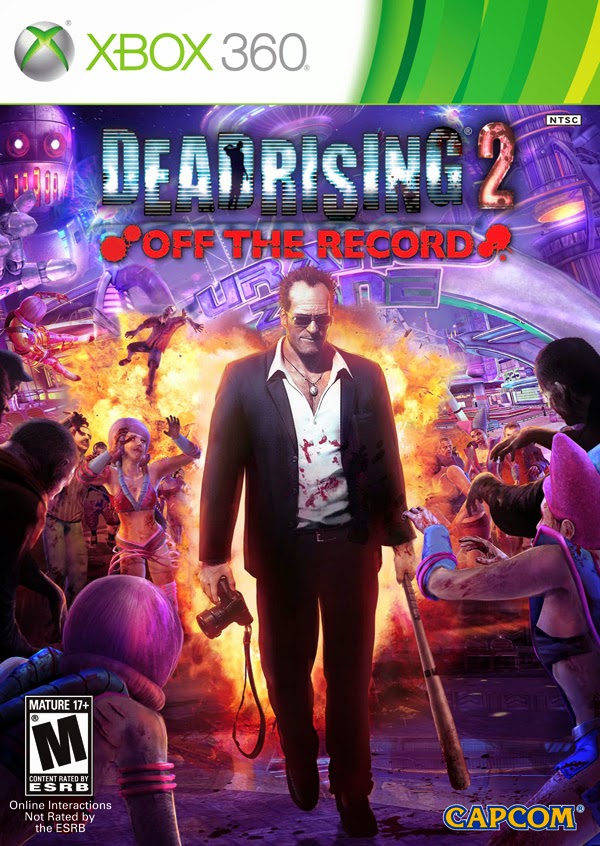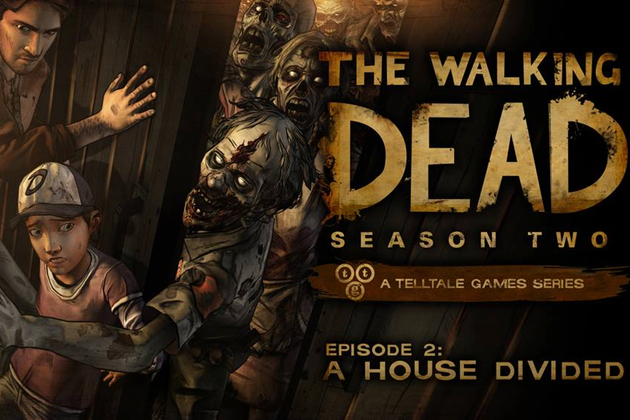*warning-gratuitous nostalgia ahead*
I'm going to break out and oldie but a goodie from my computer files. Vampire: The Masquerade: Bloodlines is a ten-year-old computer game from Activision which the mod community is keeping alive and well. It is a flawed, awesome, incredible, and atmospheric mess which I encourage everyone to take the time to play at least once. If not, then to watch one of the Let's Plays on Youtube. They don't make games like V:TM:B anymore and it's a shame because it could have been the start of an amazing franchise.
I admit this article will be, by no means, unbiased due to the fact I played Vampire: The Masquerade religiously during the 90s. In the brief blip before tabletop games went the way of vinyl records and modern consoles made gaming a normal hobby like watching sports, White Wolf games made role-playing games which were "cool" to play.
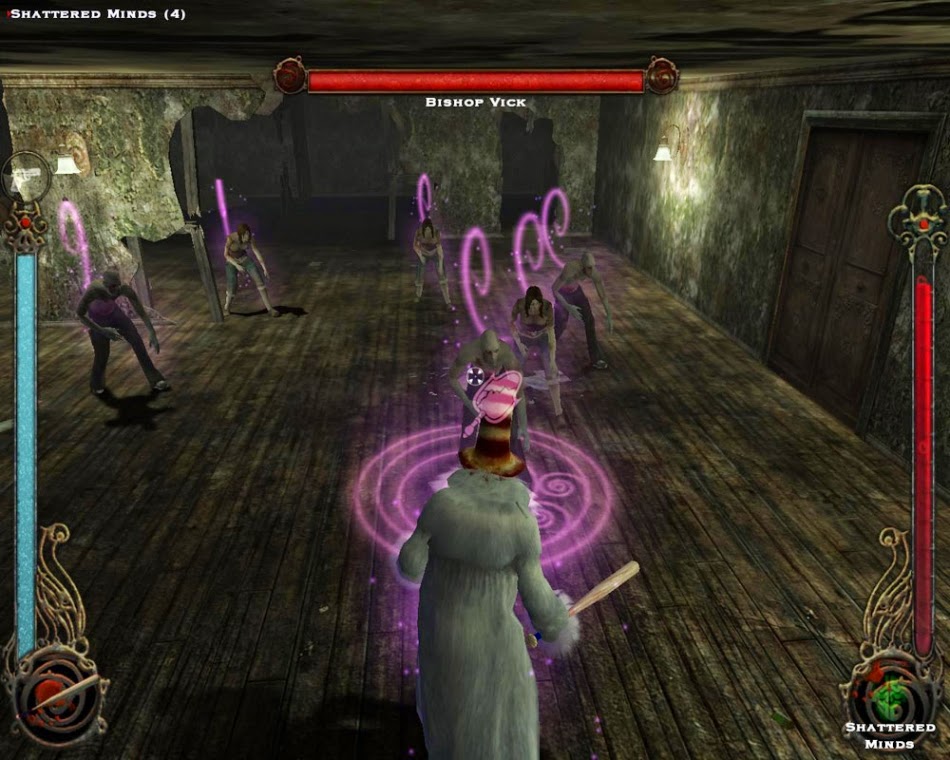 |
| Yes, I am wearing a Doctor Seuss hat with a pimp-coat, wielding a baseball-bat. While being a VAMPIRE. |
White Wolf's success, in retrospect, was due to a formula more publishers should figure out. First of all, it made itself friendly to women. Dungeons and Dragons still carries the stigma of having closed itself off to half its potential market for, say, the first thirty-years of its existence. Girl Gamers like Laurel K. Hamilton played D&D in spite of the stereotype girls didn't play tabletop games and a less than welcoming fan community. I see similar attitudes today with post-apocalypse and zombie fandom despite some of my favorite writers of both being female.
Second, White Wolf had the intelligence not to talk down to players. One of the major flaws in marketing is when people try to sell their product to everyone. White Wolf knew their audience, college aged kids with some disposable income and were looking for something with bite. The rules were simple and not bogged down with complexity as what everyone wanted to do was get down to playing a sexy undead abomination (or werewolf, mage, changeling, wraith, whatever).
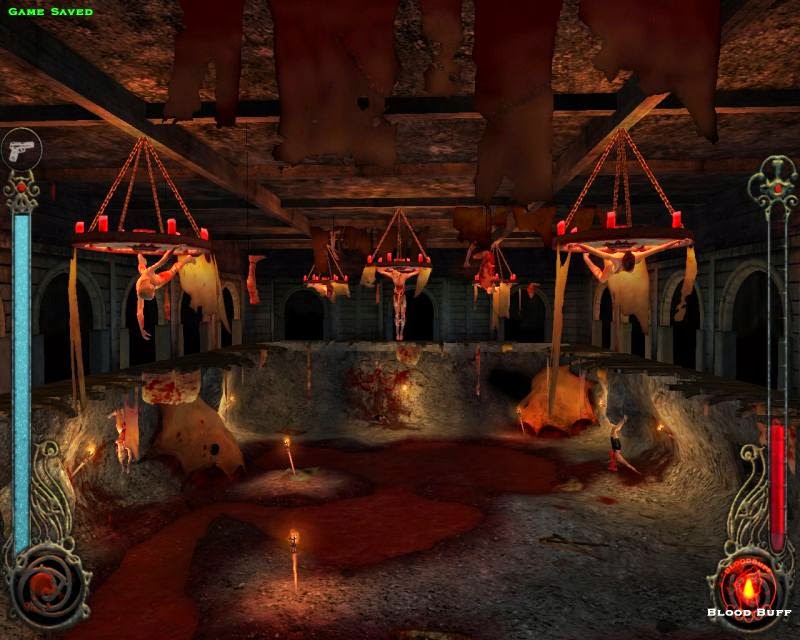 |
| The game can get astoundingly dark in places. |
Well, squeeing as much as a twenty-four-year-old "trying to be cool but failing" college student can.
Vampire: The Masquerade had already been adapted once before into video game form with Vampire: The Masquerade: Redemption. Redemption, unfortunately, was more or less Dungeons and Dragons with fangs.Redemption denied you one of the basic appeals of Vampire: The Masquerade, being able to create your own character, and sent you on a quest for revenge against a giant monster while ignoring most of the tabletop game's themes. Even the title was off-putting in retrospect. V:TM vampires can't be redeemed (barring the mystical state of Golconda), there's a reason they're known as the Damned.
Bloodlines is much more effective at capturing the essence of the tabletop game. One could even argue it's an archetypal example of what V:TM was all about: you are a newly embraced vampire who finds himself caught up in the power-struggles of vampire society. The game captures the "punk" feeling of the original Gothic Punk setting, instantly making you despise the "Prince" of Los Angeles who destroys your creator and sends you off to die on a suicide mission to "earn" your place amongst the undead.
 |
| Characters like Jeanette Voorman make the game the unique experience it is. |
Really, the heart of the game's appeal is exploring Activision's vision of Los Angeles by Night. An exaggerated dark version of the city, it was filled with freaks, wannabes, poseurs, thugs, hedonists, and snobs. Wait, that's not exaggerated at all (I kid, Los Angelers! Kind of). While the game is filled with dozens of sidequests like every RPG, it goes out of its way to make each of them unique. Your vampire is someone exploring this new world he's found himself in and there's no moral imperative to do favors for your kind and humans. Bloodlines' adventures emphasize subtlety over combat. You were as likely to spy on someone with a video camcorder or investigate a haunted house as kill someone.
At least until the final third of the game.
Really, I could go on about this game for pages. The haunted house level is one of the scariest ones I've ever played, despite lacking Silent Hill levels of gore and very little actual danger. I loved the games' kooky assortment of freaks and weirdos from your adoring ghoul Heather to Prince LaCroix the patron saint of smug bastards. The characters are really the heart of the game as I can't think of any NPC in the game who isn't entertaining on some level. They're all unique and their voice acting well, done. Even the club girls and smug businessmen who exist solely for you to feed on are gifted with unique personalities.
The game is infamous for its "Malkavian playthroughs" as well. Malkavians are a type of vampire you can choose to play (each "clan" of vampires giving different abilities) who are all cursed with prophetic insanity. The entire dialogue for the game changes and your character speaks like a beat poet while suffering period hallucinations. I consider my Malkavian run to be my "canon" one because it was just so deliciously weird. The fact they have a unique power which allows them to cause insanity in both combat as well as non-combat situations makes the gaming experience doubly rewarding.
Really, I could go on about this game for pages. The haunted house level is one of the scariest ones I've ever played, despite lacking Silent Hill levels of gore and very little actual danger. I loved the games' kooky assortment of freaks and weirdos from your adoring ghoul Heather to Prince LaCroix the patron saint of smug bastards. The characters are really the heart of the game as I can't think of any NPC in the game who isn't entertaining on some level. They're all unique and their voice acting well, done. Even the club girls and smug businessmen who exist solely for you to feed on are gifted with unique personalities.
The game is infamous for its "Malkavian playthroughs" as well. Malkavians are a type of vampire you can choose to play (each "clan" of vampires giving different abilities) who are all cursed with prophetic insanity. The entire dialogue for the game changes and your character speaks like a beat poet while suffering period hallucinations. I consider my Malkavian run to be my "canon" one because it was just so deliciously weird. The fact they have a unique power which allows them to cause insanity in both combat as well as non-combat situations makes the gaming experience doubly rewarding.
Even the game's in-universe politics are fun to play around with. The player character has the option of siding with the Establishment, the Rebels, the invading Chinese vampires (not recommended), the Prince (doubly so), or going their own separate way. Every side has their own appeal but all of them want to use the player character. For me, I always go it independent as that's the only true freedom you can have in the World of Darkness.
Perhaps my favorite characters in the game were the Thin-Bloods. These are vampires who are the weakest of their kind. As low on the totem pole as the player character start, they're even worse off. The Thin-Bloods have largely maintained their humanity, though, and are the closest the Damned probably have to "good" people. I liked interacting with them and trying to help them survive.
Sadly, the game goes down the drain two-thirds the way out. Running out of money and/or ideas, the game shifts focus from being a moody atmospheric thriller to a mediocre action game. Adventures become less about sneaking or talking and more about killing as many opponents as possible. Given the combat system in the game wasn't all that great to begin with, this quickly becomes a chore.
Despite this, I still think on those first two-thirds with fondness. V:TM:B is a classic game of its genre.
9/10
Perhaps my favorite characters in the game were the Thin-Bloods. These are vampires who are the weakest of their kind. As low on the totem pole as the player character start, they're even worse off. The Thin-Bloods have largely maintained their humanity, though, and are the closest the Damned probably have to "good" people. I liked interacting with them and trying to help them survive.
Sadly, the game goes down the drain two-thirds the way out. Running out of money and/or ideas, the game shifts focus from being a moody atmospheric thriller to a mediocre action game. Adventures become less about sneaking or talking and more about killing as many opponents as possible. Given the combat system in the game wasn't all that great to begin with, this quickly becomes a chore.
Despite this, I still think on those first two-thirds with fondness. V:TM:B is a classic game of its genre.
9/10
